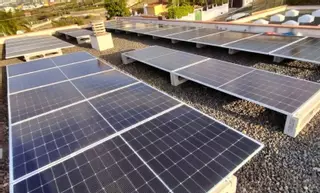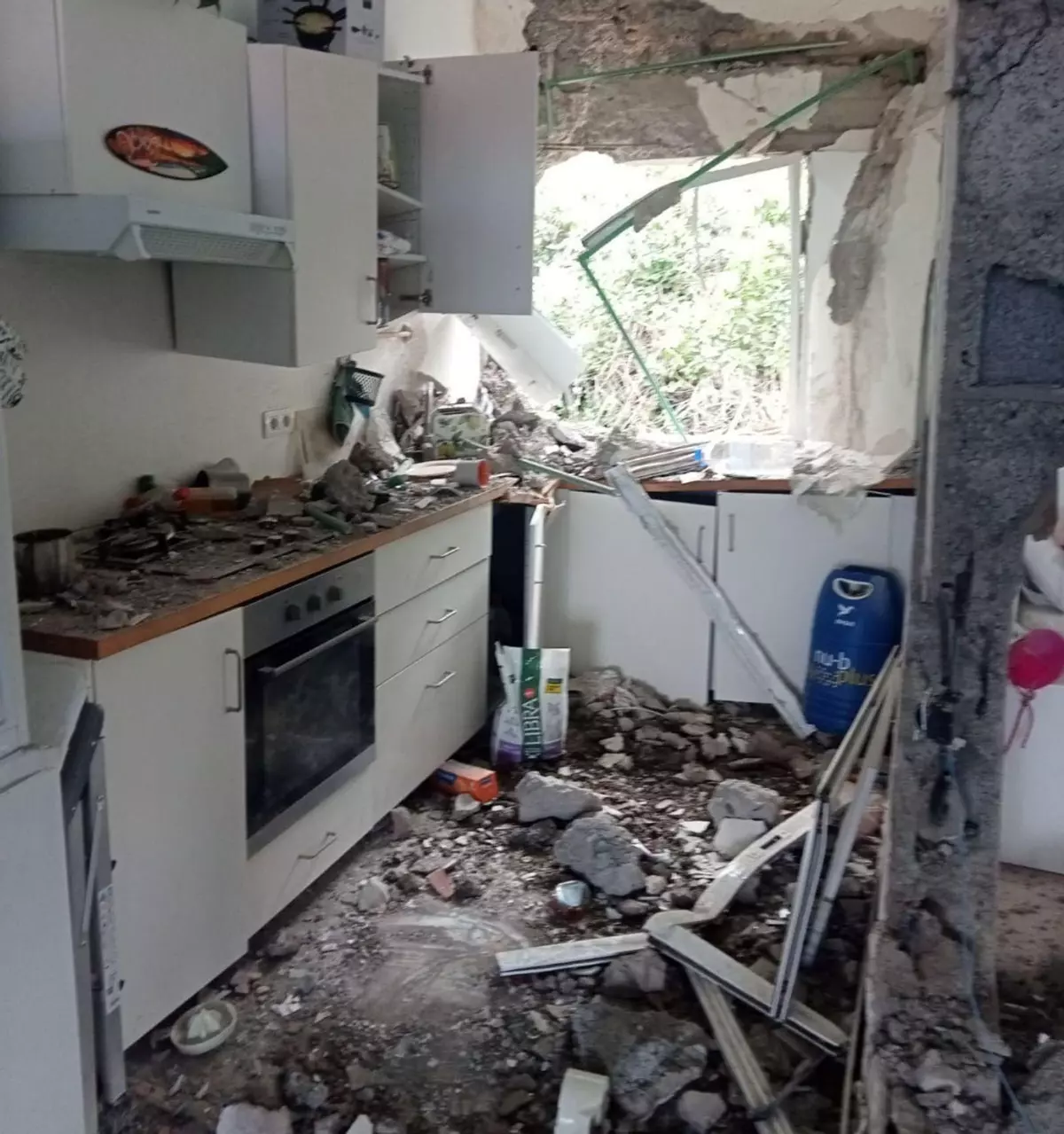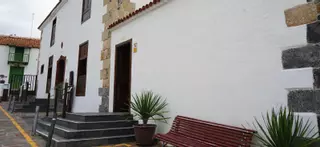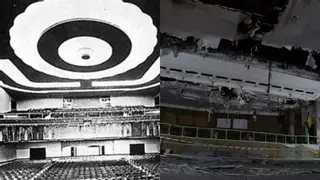The Realejos
The eight public institutions are powered by green energy
The City Council of Realejo finalises the Ecocentros Network with the installation of photovoltaic panels in seven schools
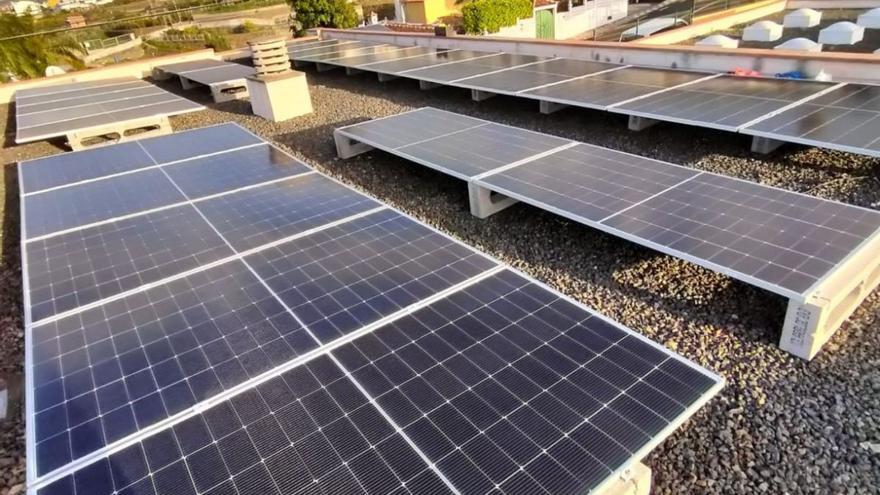
Installation of photovoltaic energy at one of the schools in Realejos. | The day

The day
The RealejosAPR 2025 0:01
The City Council of Realejos has completed the ecocentros network by supplying photovoltaic energy to seven of the eight public institutions, following the pilot project initiated in 2021 at CEIP Agustín Espinosa. The latest installation of solar panels includes recharge points for electric vehicles. Additionally, the photovoltaic self-consumption project is being carried out at the socio-cultural centre in Palo Blanco.
The mayor, Adolfo González, visited the schools where the works have been completed, alongside Councillors for Urban Planning, Noelia González; Public Contracts and Works, Darío Pérez; and Environment and Climate Action, Alexis Hernández.
At the end of last year, the council initiated a tender for this package of energy efficiency projects, valued at €662,426, with 61% of the funding sourced from municipal funds and the remaining 39% from a subsidy granted by the General Directorate of Energy of the Canary Islands Government, utilising Next Generation funds.
The mayor emphasised that these sustainability and energy efficiency actions demonstrate «Realejos is making significant progress as a municipality committed to climate initiatives, leading local corporations in transforming their schools into ecocentros, focusing on reducing carbon dioxide emissions and other pollutants while promoting self-consumption from surpluses of these public infrastructures to energy networks».
Alexis Hernández (Environment and Climate Action) highlighted that “the municipal strategy aims to optimise energy use through clean energy sources, thereby minimising the carbon footprint and related costs of traditional energy supplies.” He noted that currently, the Realejos municipal house and the main pavilion of the Basilio Labrador Sports Complex also utilise solar panels, while the municipal pool is fitted with thermodynamic energy plates.
“Initial technical assessments and the successful experience of these other public infrastructures illustrate the advantages of such projects, which, upon implementation, provide evident savings in economic costs, reductions in reliance on other energy sources, and a decrease in pollutants,” reiterated the first deputy mayor and councillor for Urban Planning and Industry, Noelia González.
Darío Pérez, the councillor for public contracts and works, stated that the intention is to progressively adopt these energy efficiency measures in public buildings, “seeking funding capacity from various administrations to advance such projects, along with encouraging the use of these energy sources among private property owners, as we have already been promoting through tax incentives.”
